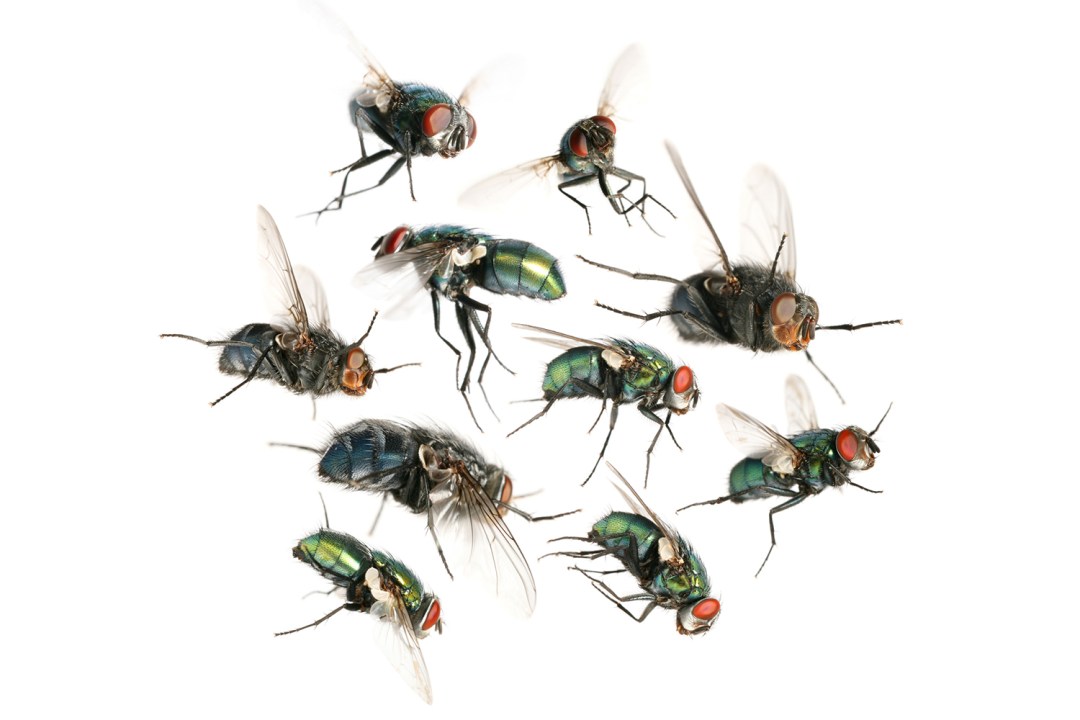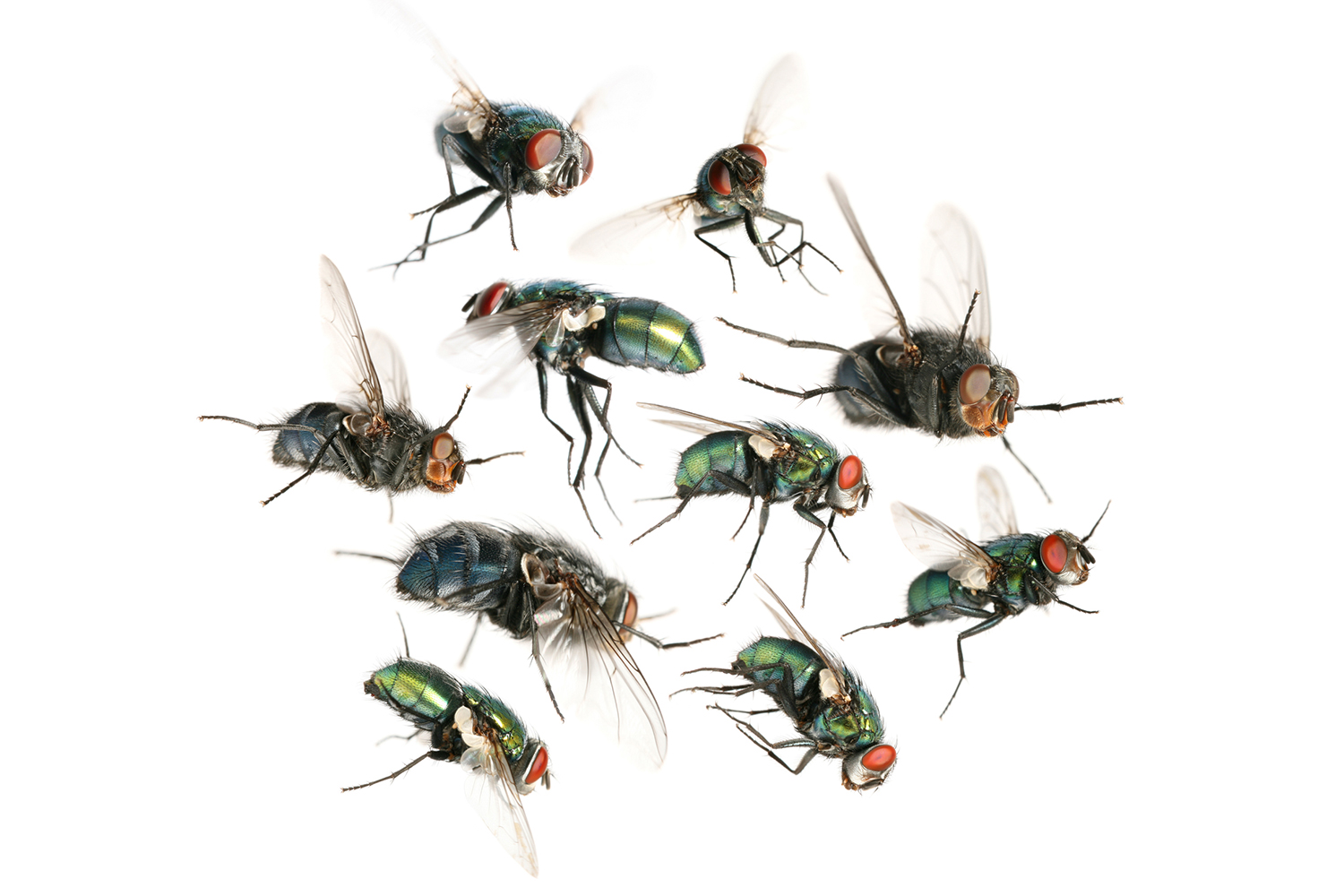It is not just Gary Lineker, apparently, who has fallen victim to sinister right-wing forces at the BBC. A follow-up programme to David Attenborough’s BBC1 series Wild Isles, focusing on the decline of UK wildlife, will not be shown on terrestrial television but only made available on iPlayer. ‘The decision has angered the programme-makers and some insiders at the BBC,’ reports the Guardian, ‘who fear the corporation has bowed to pressure from lobbying groups with “dinosaurian ways”.’
The BBC has claimed that the extra programme – which, like the whole of the Wild Isles series, is co-produced by the WWF and the RSPB – was never intended to be shown on BBC1. But if the BBC really was a little concerned that Wild Isles might be in danger of laying on its claims of environmental degradation a little too thickly, it would have good reason. While the extra programme has yet to be released on iPlayer, the first episode of Wild Isles broadcast on BBC1 on 12 March, contained an extremely dubious claim of its own.
Set against a scene of bluebells, Attenborough stated that: ‘In just the last 20 years, 60 per cent of our flying insects have vanished.’ It was an alarming statistic which spoke of fast-approaching doom. If insects were to die out, we would be surrounded by an awful lot of undecayed vegetable matter. Coming from one of the most trusted voices on television, the claim will have been accepted by many viewers as unquestionable fact.
A study of insects splatted on number plates tells us nothing about the insect population as a whole
But is it really? The BBC failed to answer where the programme had sourced the claim, but it is likely to have come from a study conducted by a nature conservation charity called Buglife, along with the Kent Wildlife Trust, in 2021, which has never been published in a peer-review journal.









Comments
Join the debate for just £1 a month
Be part of the conversation with other Spectator readers by getting your first three months for £3.
UNLOCK ACCESS Just £1 a monthAlready a subscriber? Log in